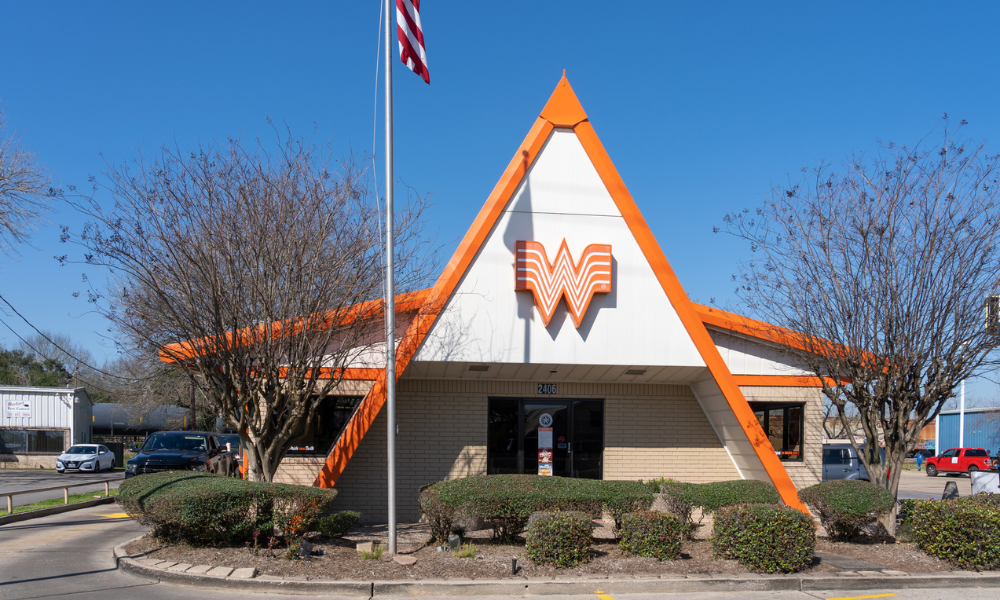
Restaurant staff failed to warn customer of potential danger, alleges lawsuit

A recent case arose when a woman filed a lawsuit asserting negligence against Whataburger Restaurants LLC and alleging assault against a driver who twice rear-ended her vehicle while they were both lining up at a drive-thru lane.
The customer alleged that the following events occurred in May 2021 after she entered the drive-thru lane at a Whataburger restaurant in Rio Grande City, Texas. When another driver hit her vehicle twice, she asked a Whataburger employee to call security or police so that she could make a report.
The customer drove to the front of the restaurant as she waited for an officer to arrive. The employee at the drive-thru window told the other driver that the customer had requested a call to the police. The other driver also drove to the front of the restaurant. A confrontation and a physical altercation between the two drivers followed.
The customer asked for damages for pain, suffering, mental anguish, physical disability, medical expenses, and damage to property. She made claims for negligent security and premises liability against Whataburger. She alleged that Whataburger:
Read more: Fast food company accused of wrongfully denying overtime pay
Whataburger filed a motion to dismiss the property damage claim based on the protections of the Texas Citizens Participation Act (TCPA). The customer’s lawsuit amounted to a legal action filed in response to Whataburger’s exercise of its rights to freedom of speech and petition, Whataburger argued.
The trial court denied the motion to dismiss under the TCPA by operation of law because it failed to rule upon the motion within 30 days from the start of the hearing. Whataburger challenged the denial via an appeal.
In the case of Whataburger Restaurants LLC v. Rosa Elia Fuentes, the Texas Court of Appeals for the Eighth District at El Paso affirmed the decision of the trial court. The customer successfully proved that her lawsuit for negligence was wholly exempt from TCPA coverage, the appellate court said.
Whataburger argued that the premises liability claim could be subdivided into two separate claims – the first seeking recovery of damages for bodily injuries and the second seeking only property damage – for the purposes of the TCPA’s provisions. The TCPA was inapplicable to the bodily injury claim but applicable to the property damage claim, Whataburger added.
The appellate court rejected Whataburger’s argument that it should isolate the customer’s property damage claim from the rest of the claim. The exemption from TCPA coverage wholly applied to the lawsuit, given that the property damage did not stand apart from the bodily injuries, the appellate court said.